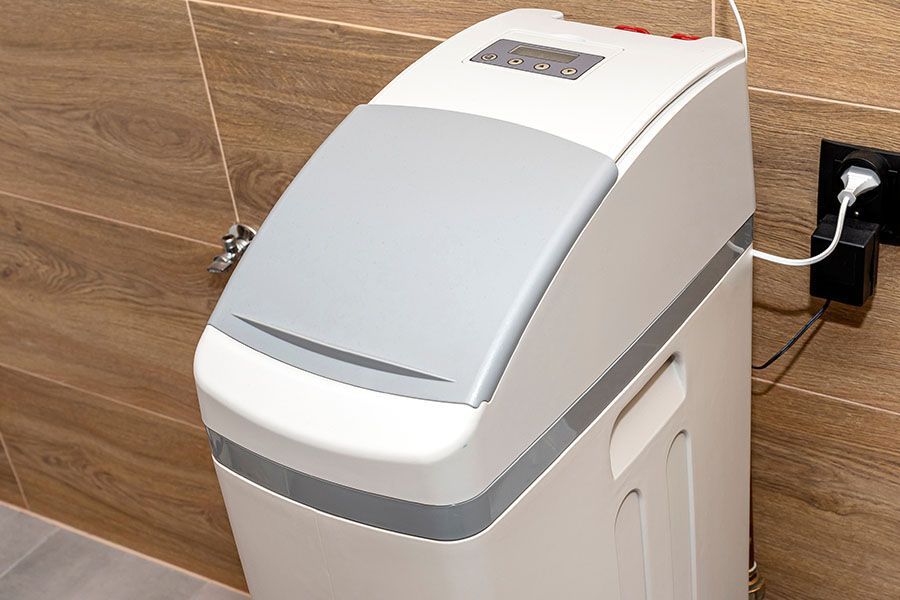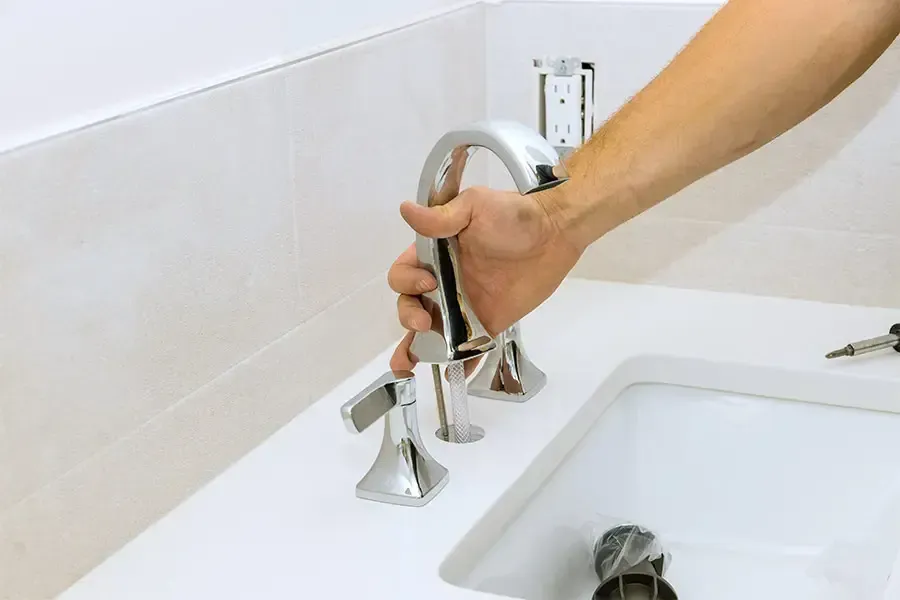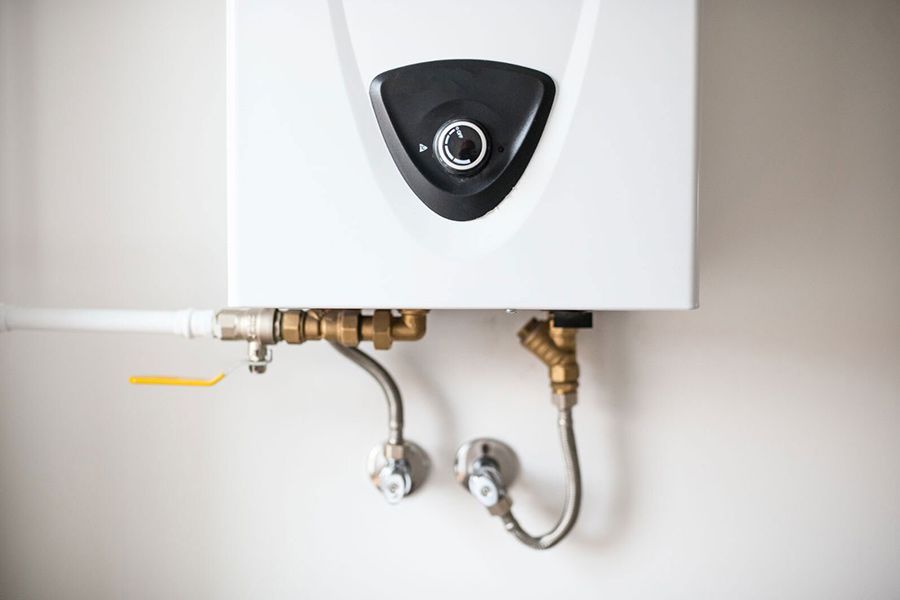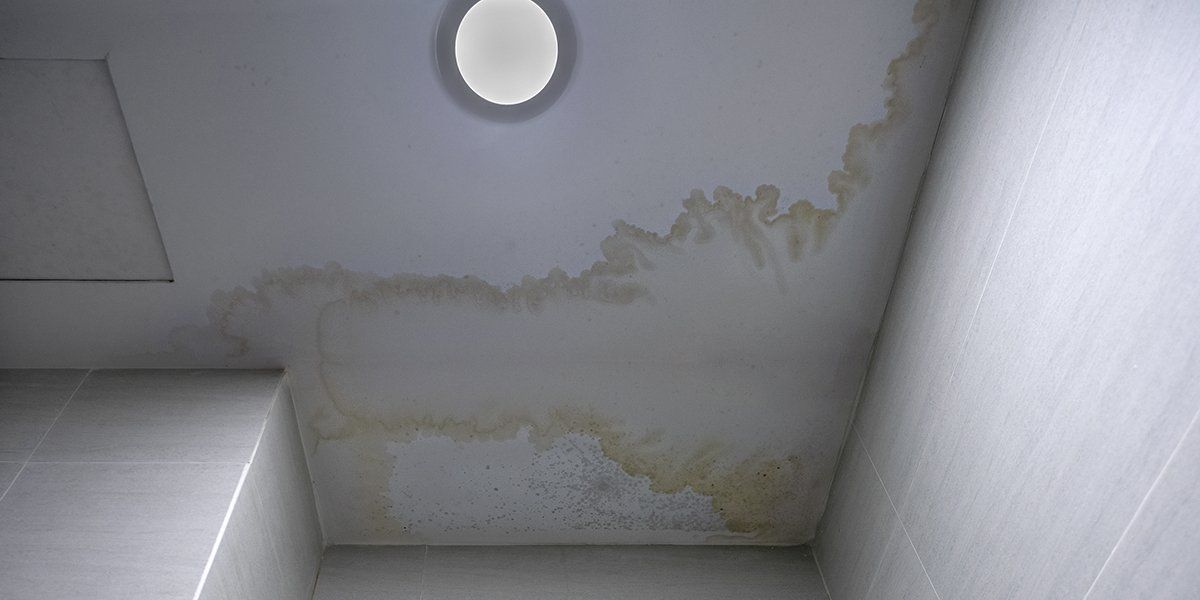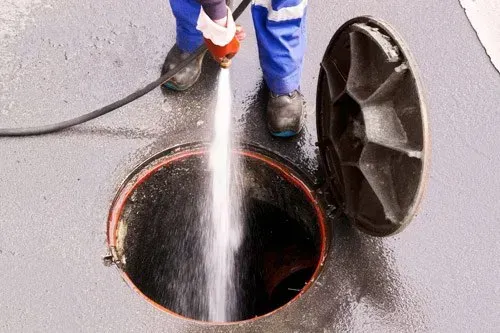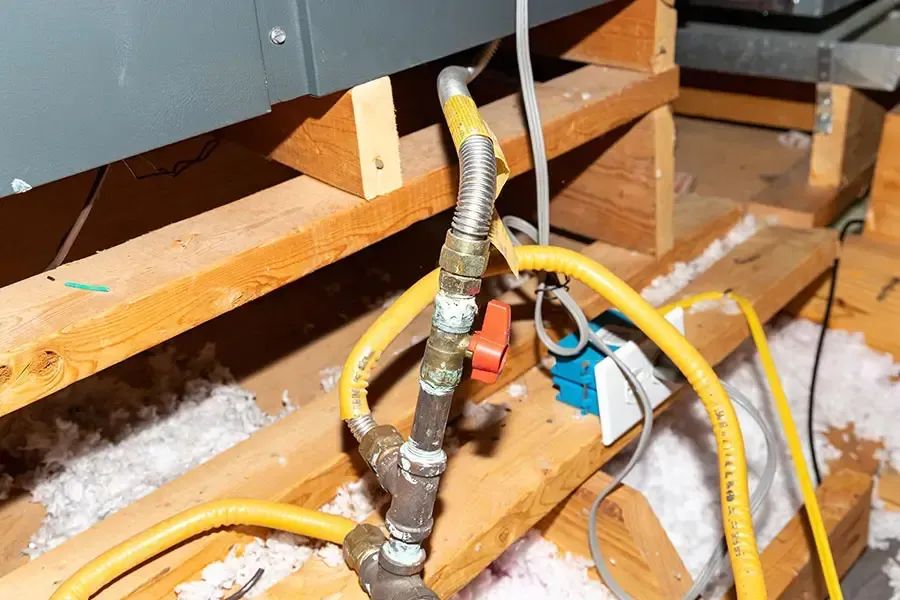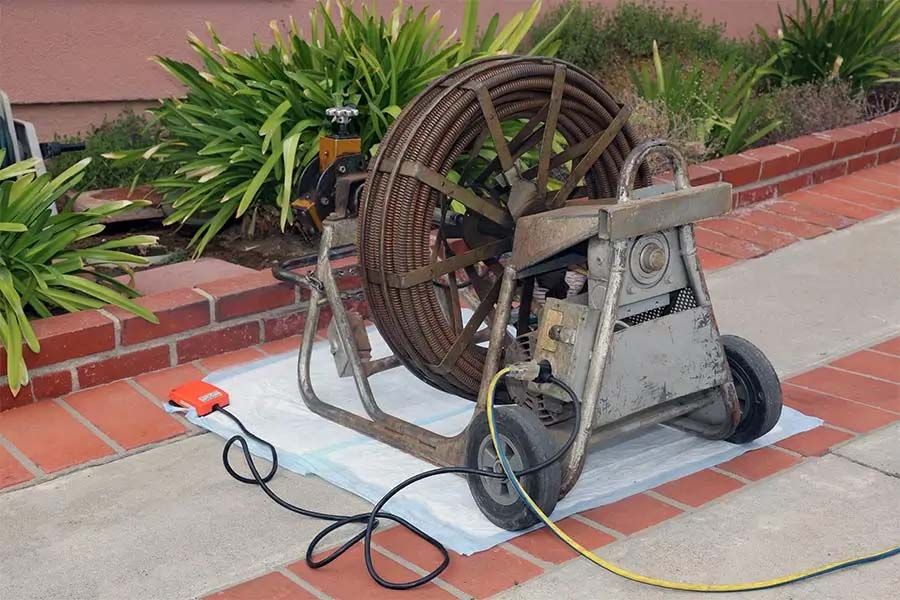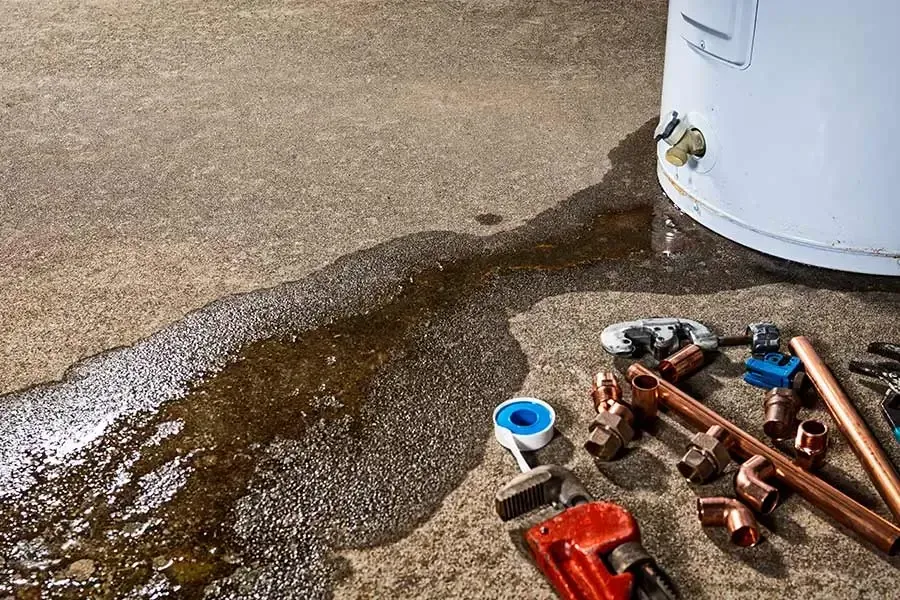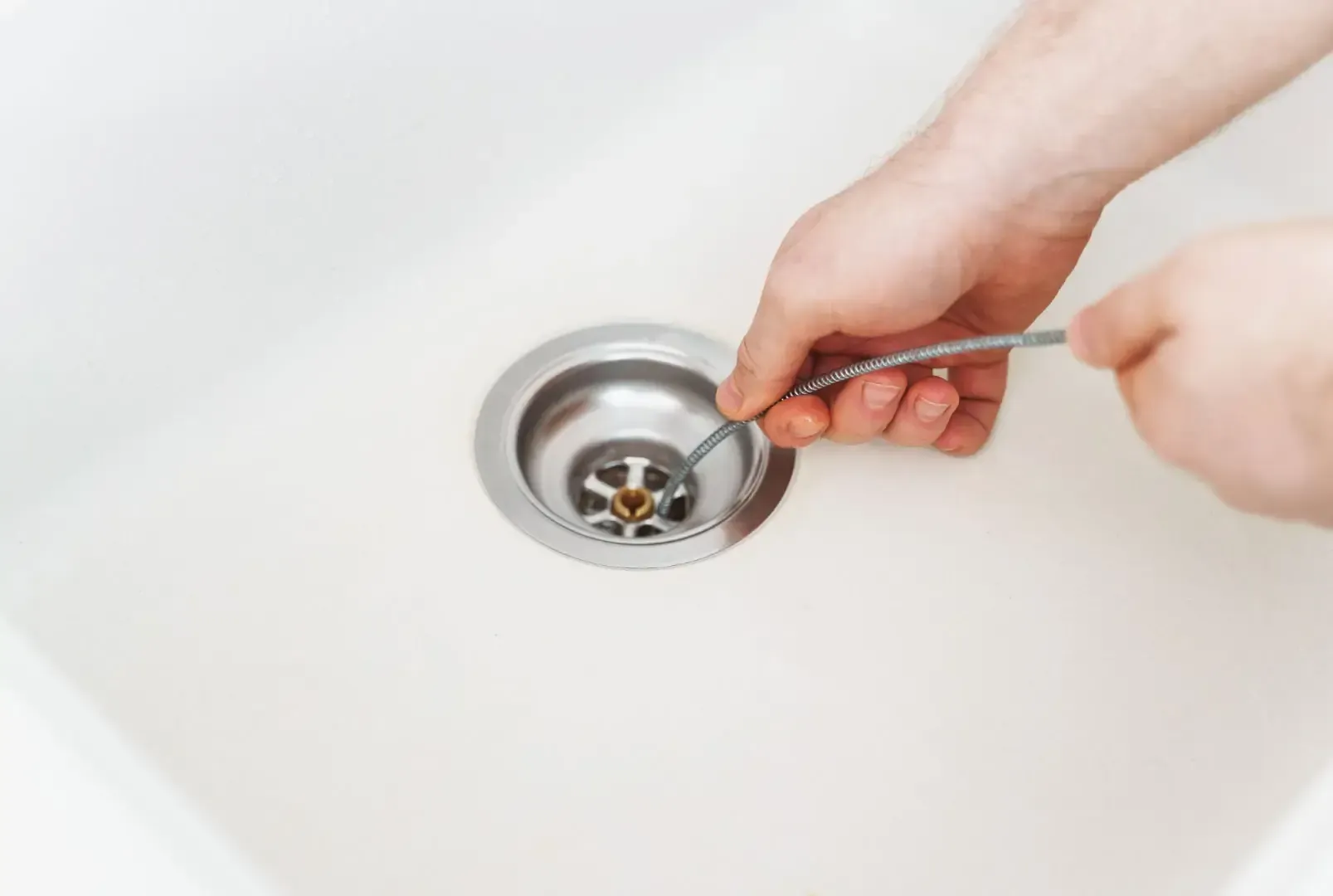Why Does My Sink Keep Clogging?
Almost every homeowner has to deal with a clogged sink at some point. But when it seems like you need to pull out the plunger every time you wash the dishes to help the water drain, there’s a bigger issue that requires some habit changes or help from an expert plumber in Willoughby, Ohio.
If you find yourself asking, “Why does my sink keep clogging?” every time you’re up to your elbows in dirty dishwater, the answer may be in the following list of common sources for pervasive plumbing problems. At the very least, knowing what causes clogs and how to prevent them can help prevent emergency calls and water damage from backed-up sinks.
What To Do When Your Sink Won’t Drain
If the sink won’t drain, resist the urge to use a liquid drain cleaner. Plumbers caution against using these caustic chemicals, which often only partially (and thus temporarily) clear blockages and may cause more damage in the process. If the product remains in the pipes for too long, it can cause corrosion that eventually leads to a leak in the pipe.
Using a plunger or plumbing snake to clear a clog is safer. If you can’t remove whatever is blocking the pipe or have repeated problems with the drain, call a professional for help, as the issue may be deeper within the plumbing.
The Most Common Reasons for Ongoing Sink Clogs
Chances are your kitchen sink conundrums are due to one of the following common issues. Most of them are preventable, meaning you might need to kick some bad habits (such as no longer putting certain things down the drain); when you do, you’ll notice a reduction in the number of times you have to ask, “Why does my sink keep clogging?”
Clogged P-Trap
Under each sink in your home, you’ll notice a curved pipe that connects the drain to the main drainage line. This pipe, called the P-trap or the S-trap because of its shape, holds a small amount of water and blocks sewer gasses from rising back up. Some older homes still have a larger version of this pipe in the main sewer line, called a house trap, which serves the same purpose.
P-trap issues occur because the shape of the pipe can be an obstacle to some objects or substances. Anything that gets caught in the curve can create a blockage that prevents water from draining. Clearing the P-trap can solve the clog, but be careful about what goes down the drain to ensure nothing gets stuck.
Fats, Oils, and Grease (F.O.G.)
If the plumber says that the constant clogs are the result of fog, they mean that there’s an accumulation of fats, oils, and grease in the pipes blocking the drain.
You might think fats, oil, and grease disappear when you pour them down the drain, but they never completely make it out of the plumbing. Instead, the sticky substances cling to the sides of the pipes, then congeal and harden as they cool. The more often you pour F.O.G. down the drain, the more it builds up, eventually blocking the pipes.
The best way to prevent this is to never allow F.O.G. down the drain. Dispose of it in the garbage, instead, to protect the plumbing.
Food Scraps
Food remains are most likely to cause trouble in the plumbing if you have a garbage disposal. Just because you have a disposal doesn’t mean you can use it to deal with every scrap of food. Some items, like rice, pasta, and beans, will wreak havoc on the plumbing if you allow them to go down the drain. That’s because these foods are absorbent, and even when you grind them up, they take on water and become a sticky, paste-like substance that will stick to the sides of the pipes.
It’s also critical to keep eggshells and bones from going down the drain, as they can damage the disposal blades, as well as adhere to pipe walls and cause clogs.
Coffee Grounds
Most food scraps are a no-go when it comes to washing them down the drain, but coffee grounds deserve a special mention. Regardless of whether you have a garbage disposal, never rinse coffee grounds down the drain unless you want to continue asking, “Why does my sink keep clogging?”
Wet coffee grounds clump together and create sticky balls that can get caught in accumulated fats on the pipes or come together and create a stubborn and hard-to-remove clog. Dump the grounds in the trash if you don’t want to deal with recurring small clogs.
Hair Accumulation
Large clumps of hair are a common source of clogs in bathroom sinks. Accumulated wet hair in the drain collects more strands, eventually creating a large blockage. It’s not just hair from your head that can clog the drain, either, as facial and pet hair can both create clogs, too.
Keep hair out of the drain with a strainer, and avoid rinsing hairs out of the sink as much as possible.
Damaged Pipes
Sometimes, chronic sink clogs have nothing to do with your habits and are the result of damaged pipes. Rust buildup, dents in the pipes, and loose or sagging connections can all interfere with water flow and cause a backup.
In most cases, these issues cause a slow drain rather than a total blockage, but they still need attention to stop further problems like a major backup or flooding.
Let the Formica Plumbing and Sewer Co. Experts Solve Your Plumbing Headaches
Don’t let sink clogs become a regular occurrence in your Willoughby, Ohio, home. If you have to ask, “Why does my sink keep clogging?” every time you turn on the water, call Formica Plumbing and Sewer Co. at (440) 709-8495, and one of our professional technicians will arrive quickly to solve the problem. If the bathroom sink smells like sewer, water won’t drain, or you spot a leak, call us first to prevent damage and keep your plumbing in good condition.
